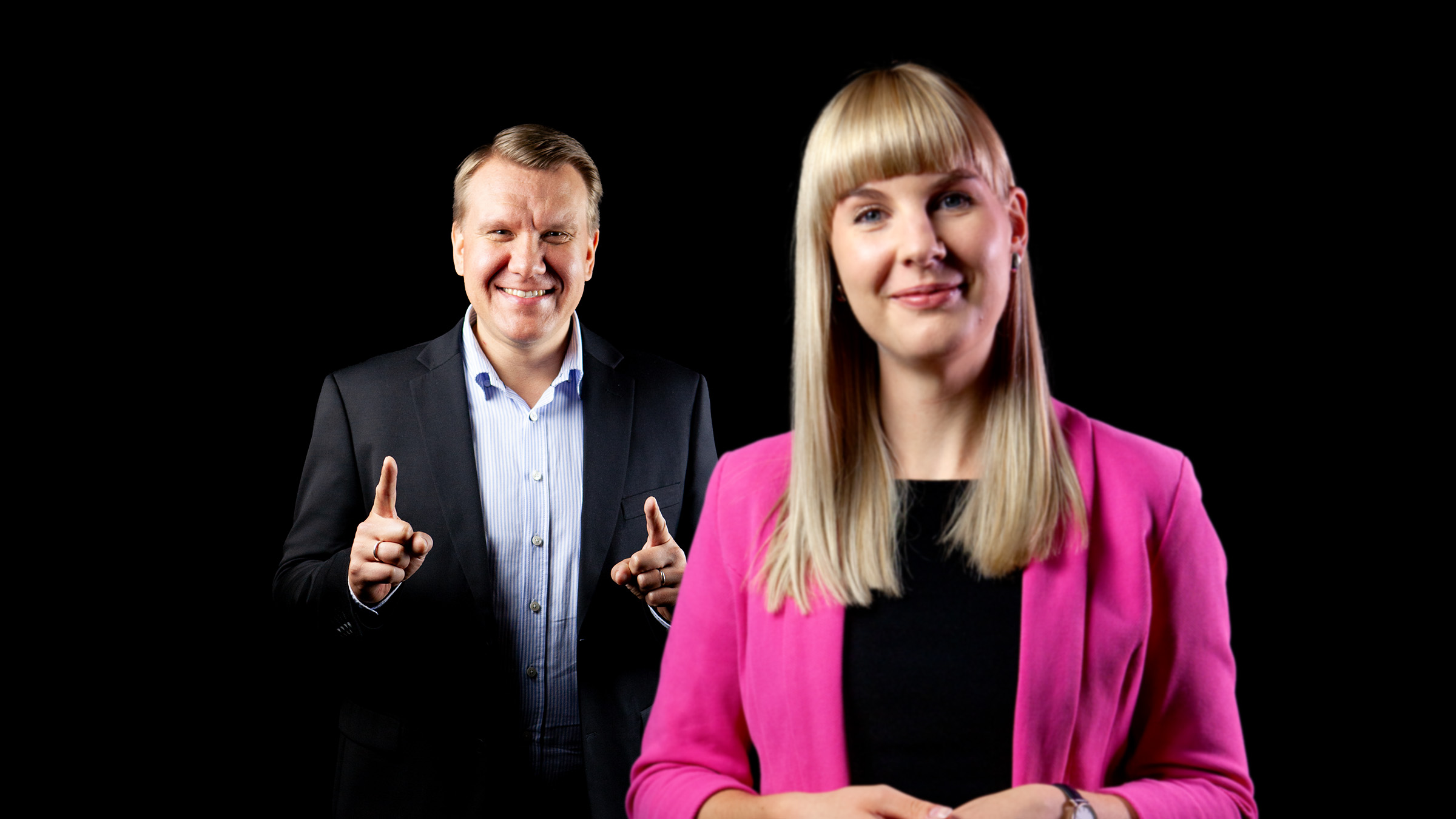Concern over the well-being of young people is visible in the EU election campaigns of political parties and candidates.
Although the majority of young people in Finland are well and healthy, the COVID-19 crisis significantly reduced young people’s perceived well-being. The results of the School Health Promotion study (link in Finnish) show that the proportion of young people who find their health poor has already been increasing for a long time.
Many young adults also find participation in society complicated and stressful and have doubts about their own skills.
We need more discussion about how we can support young people’s well-being by developing the ways of participating.
To ensure that diversity – an integral part of European democracy – is truly realised in our society, the voice of young people must be heard. Therefore, young people must be offered ways and tools that enable them to participate in the public discussion and decision-making conveniently in their everyday life.
Young people’s well-being should be examined from the point of view of participation
Studies have shown a strong link between health and well-being and the experience of social inclusion and prevention of loneliness.
It is, therefore, no coincidence that in addition to the decline in perceived well-being, many indicators show that children’s and young people’s perception of their opportunities to participate in society and exert influence has declined in the past few years.
It is, therefore, no coincidence that in addition to the decline in perceived well-being, many indicators show that children’s and young people’s perception of their opportunities to participate in society and exert influence has declined in the past few years.
Both the experience of inclusion and a person’s engagement in societal activities take place in daily life. The pandemic and the subsequent societal decisions had significant impacts on children’s and young people’s well-being and inclusion.
Political tensions, the economic recession and climate change have increased uncertainty and also undermined young people’s faith in the future of Finland and the whole world.
The rapid development of digitisation and the transformation of the information environment challenge the structures of democracy in many ways. Indeed, the benefits and risks of development are unevenly distributed when considering people’s inclusion and well-being.
Are young people active operators or simply objects of policy measures?
Studies show that young people want to participate more in societal decision-making.
However, they are often ignored in the decision-making process or their opportunities to exert influence are only superficial. The forms and ways of participation are not always suited to their daily life and wishes.
Therefore, the question is whether young people are seen as targets of policy measures or considered serious actors in the decision-making process.
Young people’s participation in the EU’s decision-making process not only makes the realisation of democracy possible but also supports their experience of inclusion. This, in itself, provides and promotes well-being in society.
How to include young people in decision-making concerning the EU:
- Take advantage of tools such as the democracy technology used in the EurHope consultation to ask young people about their views on matters decided in the EU. It is especially important to enable young people to participate in decisions concerning themselves and their future regardless of the topic – artificial intelligence, health, the environment or something else. This gives them new opportunities to exert influence on matters they consider important and to reform democracy.
- Support the establishment of a permanent citizens’ panel in the EU. In these panels, young people can also make their voices heard and citizens can genuinely influence even the most difficult issues in EU policy.
By supporting young people’s opportunities to participate and exert influence, we also promote their well-being.
